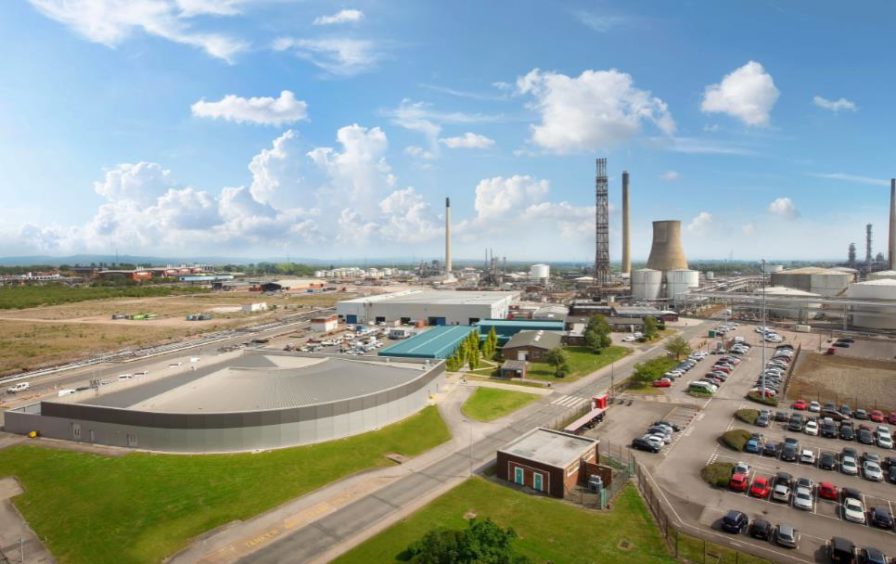
Cadent has launched a public consultation on the HyNet North West Hydrogen Pipeline, running until November 19.
The project is part of the HyNet North West initiative, which is aimed at decarbonising industrial facilities across Northwest England and North Wales via a combination of carbon capture, utilisation and storage (CCUS) and low-carbon hydrogen schemes.
Cadent is asking for feedback on its updated design for the project. This includes the draft order limits, within which the pipeline would be routed, temporary construction areas and potential sites for hydrogen above-ground installations (HAGIs) and block valve installations (BVIs).
Cadent added that it had also published its draft environmental statement, also opening it up to public comments.
Under Cadent’s plans, around 100km of new pipeline would be built for the distribution of low carbon hydrogen to industrial offtakers across Northwest England.
The hydrogen would primarily be produced by Essar Energy Transition (EET) Hydrogen at the Stanlow manufacturing complex near Ellesmere Port. EET is developing 1.35GW of blue and green hydrogen capacity at the site, with plans to ramp this up to 4GW at a later stage.
The pipeline project also includes smaller spurs branching off from the pipeline’s main route to provide connections to specific industrial offtakers in the region. The pipeline will be laid underground, but will require nine HAGIs and two BVIs along the route, according to Cadent’s proposal.
If the project proceeds as planned, it would be the UK’s first 100% hydrogen pipeline network to be developed at scale. It comes as momentum is needed for the industry to meet the UK’s targets of a zero-carbon power system by 2030 and net zero emissions by 2050.
Cadent has previously held two consultations on its proposals in 2022, using the second consultation to present more detailed plans, informed by feedback from the first consultation and by further technical, engineering and environmental work. The latest consultation also takes into account announcements made by the previous government in December 2023 relating to hydrogen and including the publication of a Hydrogen Transport and Storage Networks Pathway.
Cadent said the current consultation would be the third – and likely final – stage of public engagement before the development consent order (DCO) application for the pipeline is submitted.
The company is aiming to submit the DCO application in the spring of 2025, after it has finalised the project’s design, with a final decision to be made in 2026.
“This latest design includes changes made thanks to community feedback gathered from both previous stages of consultation and has also been informed by further technical and environmental work,” stated Cadent’s project director for the HyNet North West Hydrogen Pipeline, Rob Donovan.
“We encourage local communities and authorities, as well as industry partners to share their views on these more detailed plans, to help us further develop our designs ahead of submitting our application for consent. The feedback we receive is crucial to ensuring the success of our proposals.”
The latest consultation comes after the broader HyNet North West project received a significant boost earlier this month when it became one of two industrial clusters to which public funding is being made available.
The government pledged on October 4 to make up to £21.7b of funding available to HyNet and the East Coast Cluster (ECC) over 25 years, in a bid to make the UK an early leader in CCUS and hydrogen.
Combined, the two clusters are anticipated to attract £8b of private investment and the hope is that the availability of public funds will help to expedite these investments.
At HyNet, the government funding comes as a particular boost to Eni’s Liverpool Bay carbon dioxide (CO2) transport and storage system, EET’s 350-MW HPP1 blue hydrogen plant and Protos’ CCS-enabled energy from waste facility. It also represents a step forward for other ventures aimed at serving these projects, including Cadent’s pipeline.
Recommended for you
